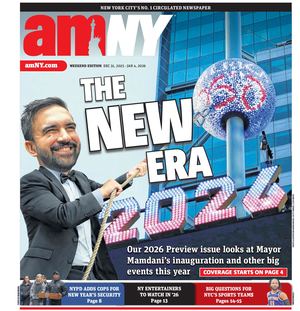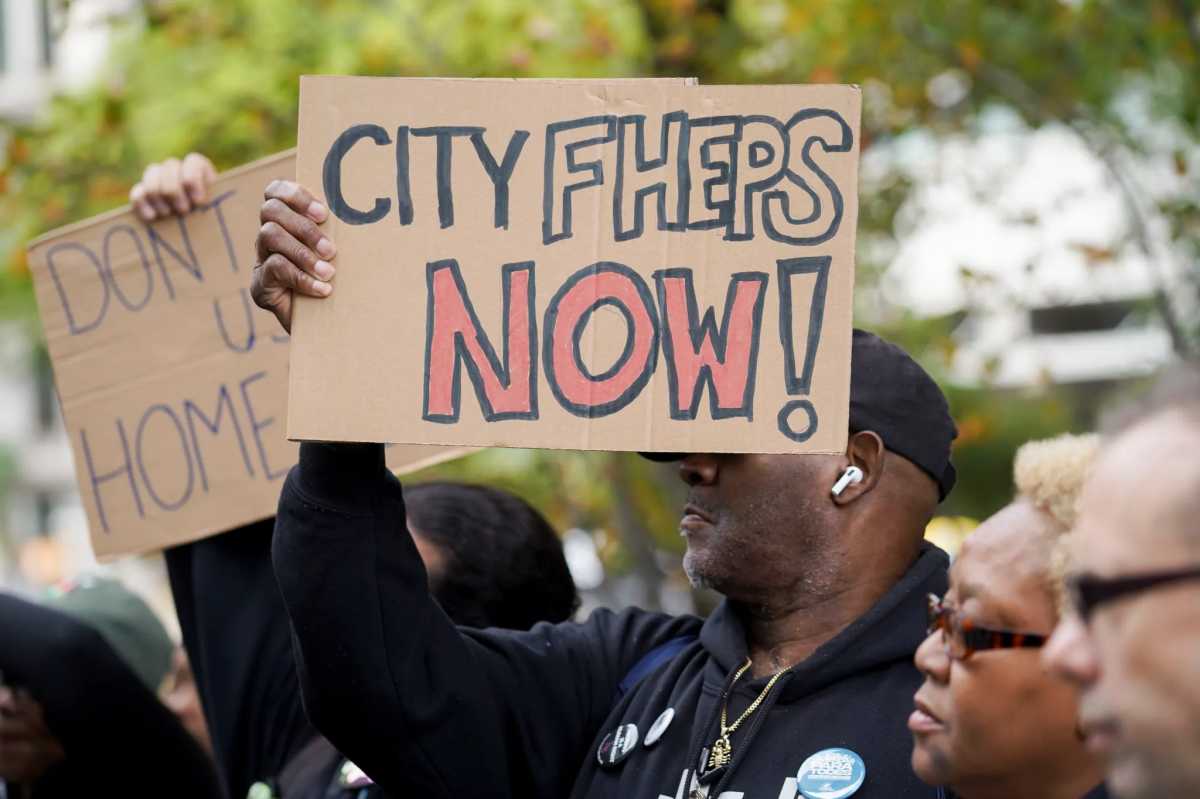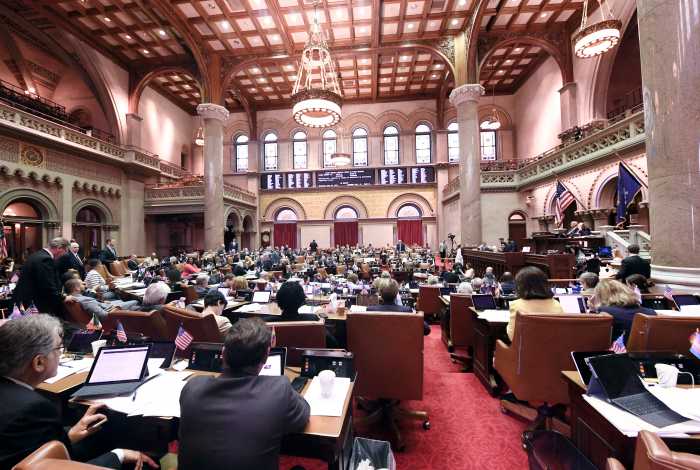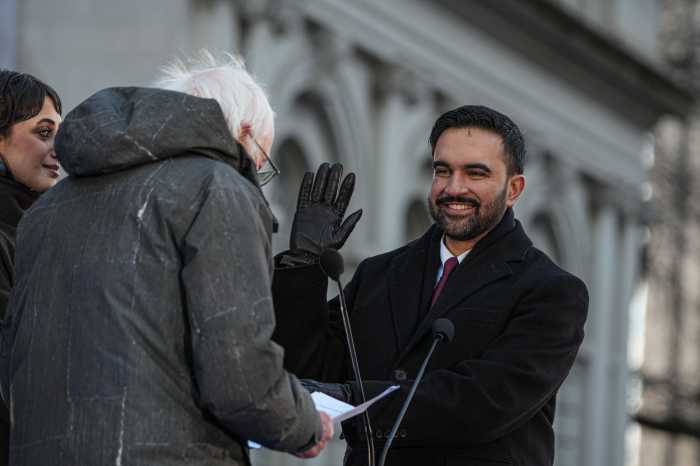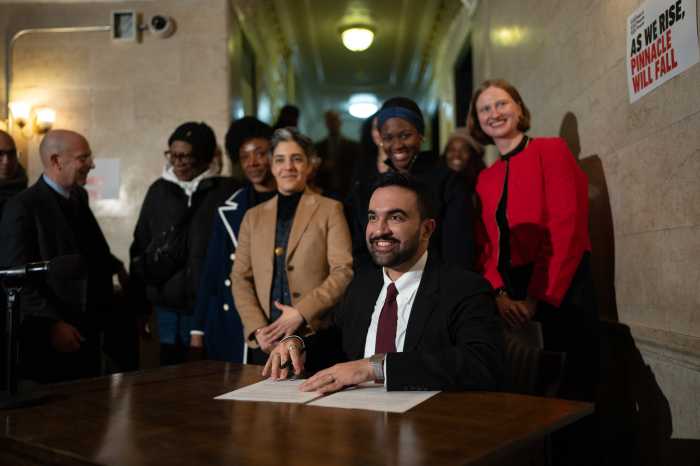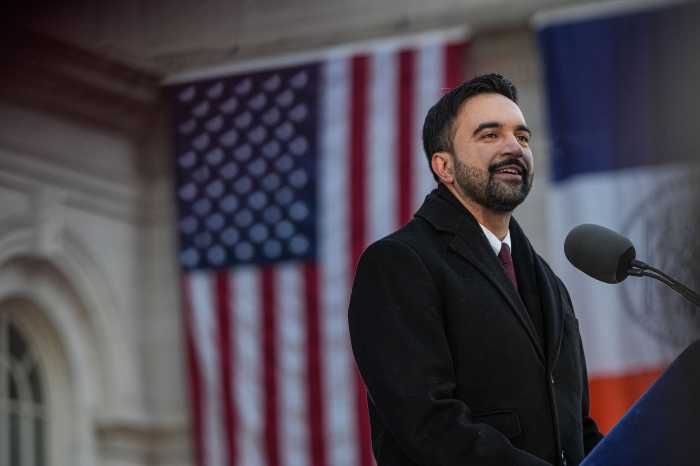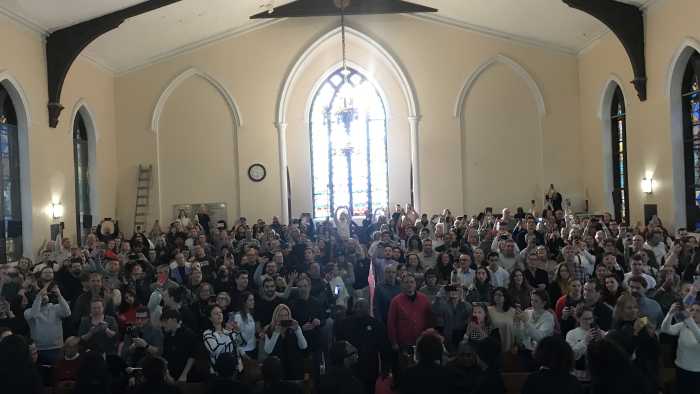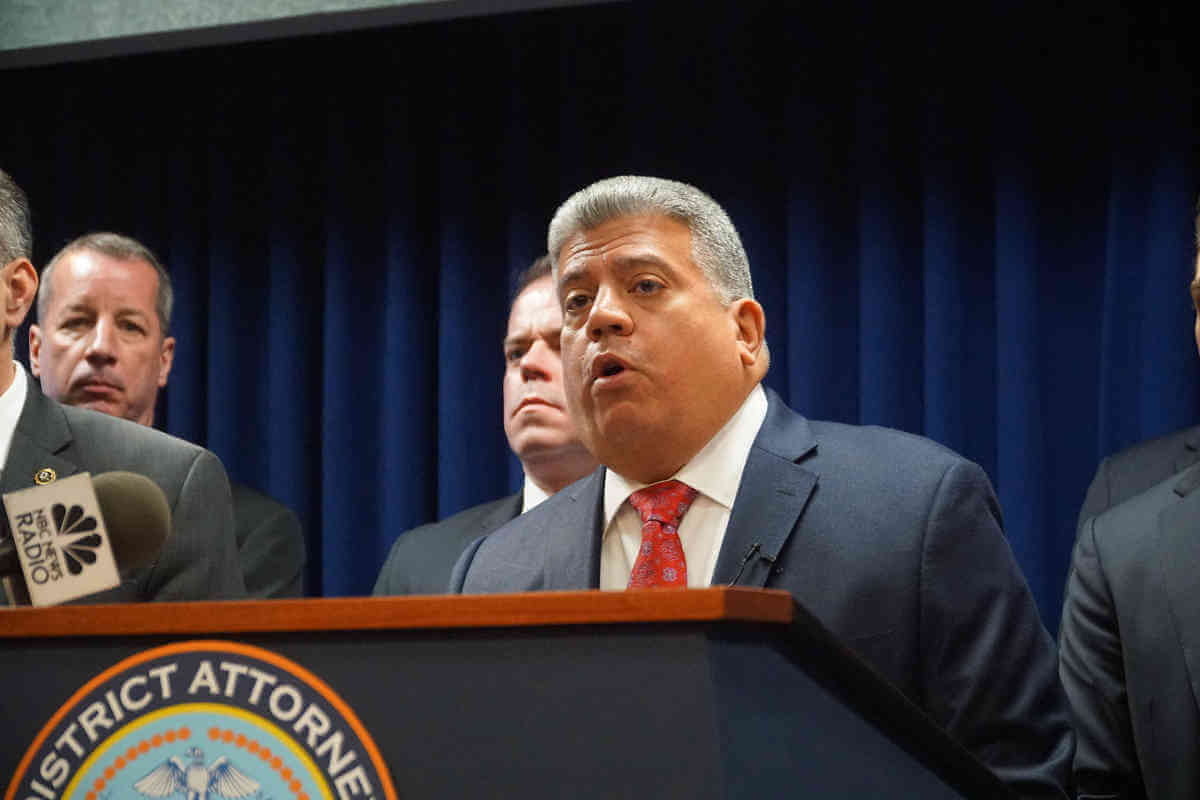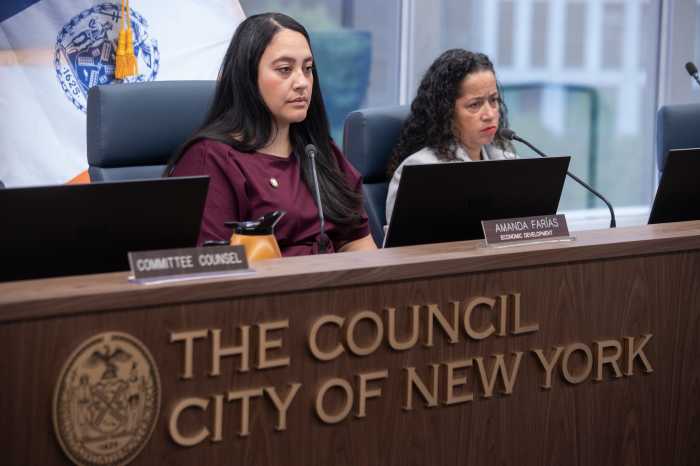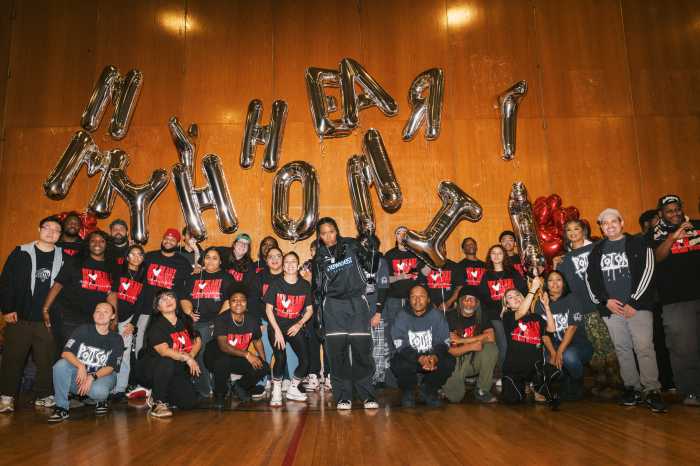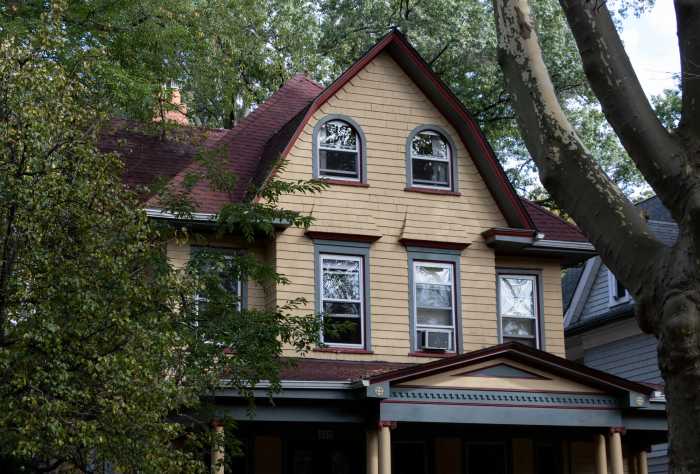New York City’s poor management of its marquee rental assistance programs has caused “significant delays” in homeless families’ ability to secure permanent housing, a new audit from state Comptroller Tom DiNapoli’s office has found.
DiNapoli’s audit looked at the program known as City Fighting Homelessness and Eviction Prevention Supplement (CityFHEPS), which provides housing vouchers to homeless New Yorkers to help them secure private apartments on the open market by covering most of their rent. The program — launched by the city in 2018 — is administered by the Department of Social Services (DSS), which encompasses both the Department of Homeless Services (DHS) and the Human Resources Administration (HRA).
In a statement, the state comptroller said DSS must work to improve its administration of CityFHEPS to ensure more families are lifted out of homelessness.
“The New York City Department of Social Services should improve its management of the CityFHEPS program to ensure every dollar goes towards helping people experiencing homelessness,” DiNapoli said. “The housing affordability crisis in New York City underscores the importance of an effective and efficient rental assistance program.”
However, DSS spokesperson Neha Sharma strongly rebuked DiNapoli’s audit as “rife with misleading assessments and inaccuracies.”
The comptroller’s report, which looked at a sampling of’ CityFHEPS cases between July 2019 and Dec. 2023, cited DSS data showing the agency has processed 41,563 CityFHEPS cases through Jan. of this year, which it said helped 87,588 individuals secure permanent apartments.
However, auditors found significant delays in families’ approval for the program. According to the report, it took the city an average of 292 days—close to 10 months—from when families began searching for a private apartment to when they were approved for the program. In one instance, auditors found, it took a household three years to be approved for a voucher.
The comptroller’s office also discovered that DSS was not properly tracking which households had left the city’s shelter system, marking down families as having exited when they had not. According to the audit, DSS said the problem stemmed from cases not being “coded” correctly in its case management system — known as the Client Assistance and Rehousing Enterprise System (CARES).
Furthermore, the comptroller’s office reported seven instances of delays in DSS’s payment of rental assistance checks to landlords. The seven occurrences were derived from 12 of the 52 cases that auditors reviewed, as the agency only provided checks for those specific cases.
Auditors also highlighted problems with supportive housing units — apartments with social services attached to them — set aside for CityFHEPS recipients. Of the 567 set aside for voucher holders, auditors found that 20% remained vacant and uninhabitable as of last December.
For example, in one case, auditors found the city did not make a December rental assistance payment to a landlord until April of the next year. In another instance, DSS continued making payments to a property owner for two months after the tenant had moved out of the apartment and back into the shelter system.
But Sharma said the report ignores the agency’s significant work during Mayor Eric Adams’ tenure to improve the program — which she said is proven by dramatic increases in housing placements for families with CityFHEPS vouchers over the past year and the city’s current 1.4% vacancy rate. Additionally, she charged that it only looked at a small sample size and its inclusion of data going back to 2019, when former Mayor Bill de Blasio was still in office, which paints an inaccurate picture of the agency’s current CityFHEPS management.
“[It] completely fails to acknowledge the monumental scope of the city’s efforts and fundamental challenges with the larger housing ecosystem and points to anomalies pulled from a small sample of cases going back to 2019 that are not representative of the majority of placement outcomes in recent years,” Sharma said. “The proof is in the numbers: with a 42% increase in permanent housing placements using CityFHEPS vouchers and a record-breaking 18,500 households moving from shelter to housing in Fiscal Year 2024, the city’s efforts are clearly delivering for New Yorkers in need.”
Sharma said the agency has already made several recent improvements, including a new processing system intended to make the application and approval process run more smoothly. Additionally, the agency launched an online landlord portal, which allows property owners to receive electronic payments and track rent coming in for each tenant.
Furthermore, Sharma said the supportive housing units highlighted in the report still remain distressed due to delays in the city’s planned rehabilitation efforts caused by the coronavirus pandemic. But the City is working to bring those units online in a “timely manner.”
